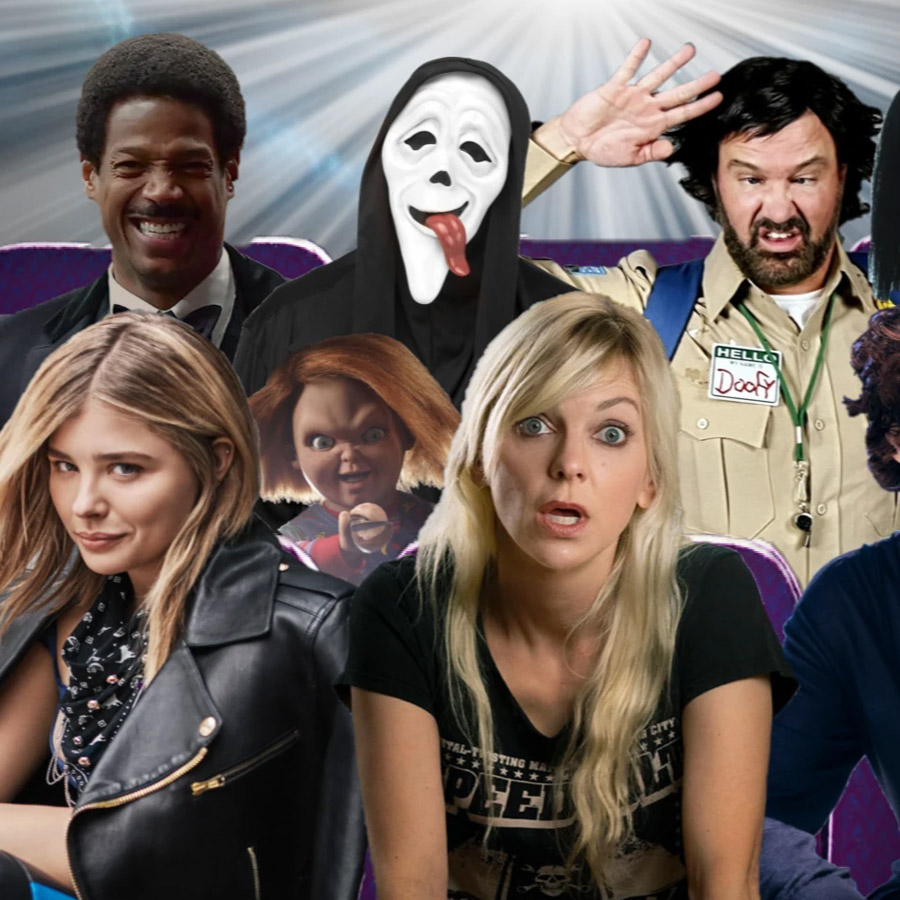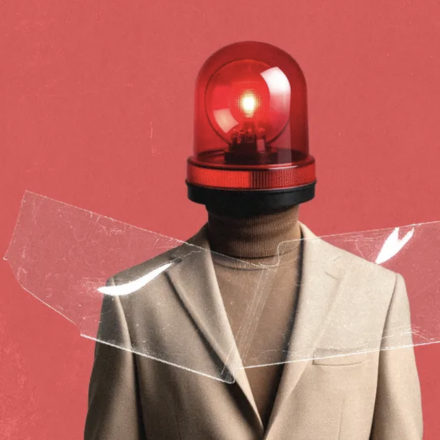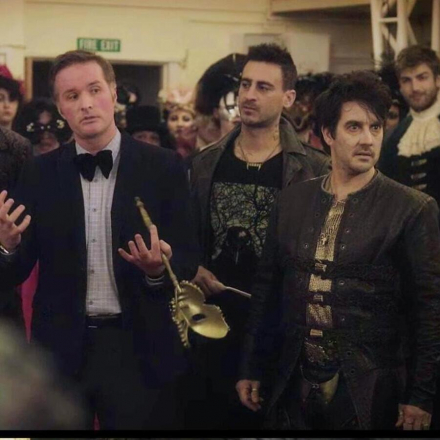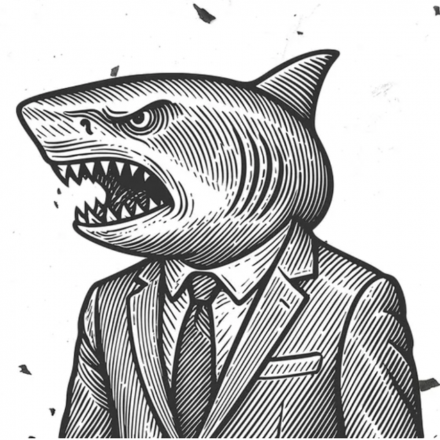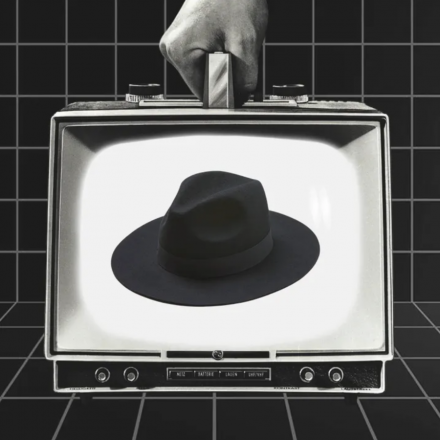Horror movies are one of the most popular genres in the film industry, with new releases every year. However, despite the abundance of creative ideas, many films rely on the same clichés, which can make watching them less enjoyable. Here are some annoying elements commonly found in horror movies that tend to frustrate viewers.
Scary Music at the Right Moment
While music in horror films can set the mood and create a sense of dread, it often becomes a predictable spoiler. In most cases, the soundtrack kicks in right before a paranormal event is about to occur, signaling that something frightening is imminent. This makes sudden moments of terror feel predictable and diminishes the surprise factor, as the music essentially warns, "Get ready, something scary is about to happen!"
Based on True Events
The phrase "based on true events" often elicits a smirk from skeptics, especially when it involves ghosts, aliens, or telekinesis. While some horror films do draw inspiration from real-life events, many use this claim to create an illusion of seriousness and drama. As a result, viewers are left with empty hype rather than genuine terror.
The Most Attractive Characters Are Either Dead, Insane, or About to Die
Traditionally, in horror films, the beautiful and often somewhat naive characters become the first victims. This is especially noticeable in teen horror movies, where attractive heroines quickly meet their end, leaving the audience with less appealing but smarter protagonists. This approach can be seen as sexist, portraying every attractive female character as foolish and vulnerable.
Constantly Dumb Decisions
Horror movie characters often make decisions that defy common sense, which can be frustrating for viewers. For instance, if a character hears a noise in the middle of the night, they might choose to investigate despite the obvious danger. Strange noises coming from a closet? Of course, they need to check it out. Such decisions not only irritate viewers but also disrupt the atmosphere and immersion in the story.
Clumsy Running
Characters in horror films often trip and fall, even on flat surfaces. This clumsiness has become a cliché, frequently mocked in parody films but still appearing in new releases. Additionally, why do characters, after falling, lie on the ground for several seconds as if they are shopping for a mattress rather than fleeing from a supernatural monster or a killer?
No One Checks the Antagonist’s Death
Another annoying trope is when characters fail to confirm the antagonist's death, leading to their return in sequels. Characters often see a paranormal entity disappear and do not bother to ensure it's truly gone. Even though they were recently bravely swinging an axe, they don't make a final check. This lack of closure makes the plot less believable and stretches the franchise unnecessarily.
Ubiquitous Jump Scares
Jump scares—sudden loud noises or frightening faces emerging from darkness—are one of the most primitive ways to scare viewers. They quickly become tiresome and predictable. More effective horror films rely on atmosphere and plot twists to create fear, rather than relying solely on shock value. It would be refreshing to see filmmakers learn from game designers who build tension through unsettling atmospheres and strong narratives, rather than just through cheap scares.
Horror movies continue to evolve, and hopefully, future films will move away from these annoying clichés. Until then, viewers will keep encountering these frustrating elements, and the genre will remain under scrutiny and criticism.

